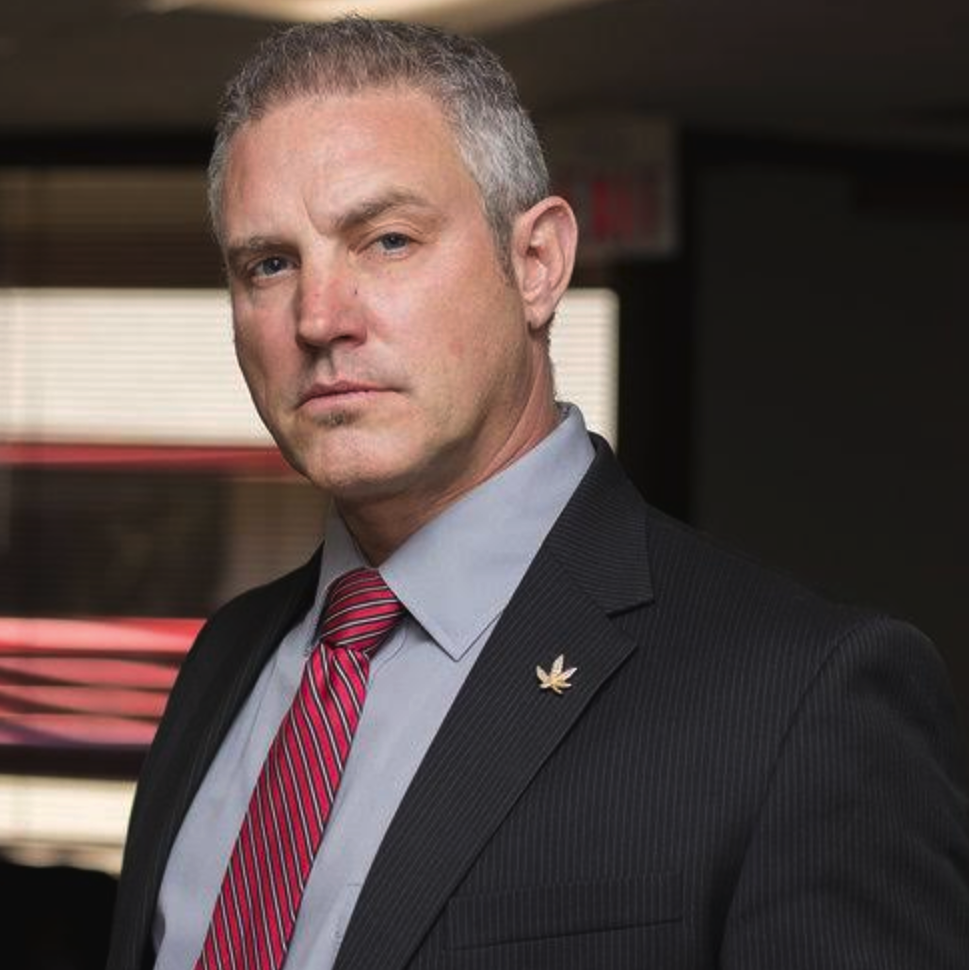On May 11, 2025, Florida lawmakers passed House Bill 1617, a forward-thinking law that expands access to certain unapproved stem cell therapies. While this legislative shift offers hope for patients seeking new treatments, it also establishes rigorous guidelines to ensure ethical practice and patient safety.
Understanding HB 1617: A Legal and Medical Milestone
HB 1617 allows licensed Florida healthcare providers to administer certain stem cell therapies that haven’t yet received U.S. FDA approval, but only under strict conditions. This move reflects Florida’s growing role as a leader in emerging health technologies.
Key Provisions:
Several challenges have emerged for businesses seeking to refinance their commercial loans in this evolving interest rate climate:
- Informed Consent: Patients must sign detailed disclosures stating the therapy’s unapproved status and potential risks.
- Ethical Compliance: Use of cells derived from aborted fetuses is explicitly banned, with allowable sources including adult stem cells and umbilical cord blood.
- Advertising Transparency: All marketing materials must clearly note that the therapies are not FDA-approved.
- Regulatory Oversight: The Florida Department of Health will enforce standards, including requirements for facilities and stem cell sourcing.
Balancing Innovation and Safety
This law embraces innovation but not at the expense of safety. While it encourages treatment access, it recognizes that unapproved therapies carry medical risks, including adverse reactions.
The FDA has long cautioned against unproven stem cell interventions. As such, patients are urged to:
- Consult with primary care physicians or specialists.
- Research providers’ credentials and therapy protocols.
- Fully understand the risks involved.
What It Means for Patients and Providers
For Patients:
- Expanded Options: Especially for those with chronic or untreatable conditions.
- Risk Awareness: Choosing these therapies should involve serious due diligence.
For Providers:
- Service Expansion: Providers can offer more innovative treatments.
- Legal Accountability: Missteps in consent, sourcing, or marketing could carry significant legal risk.
How Lumalex Law Helps Emerging Medical Innovators
At Lumalex Law, we specialize in helping clients navigate new frontiers in biotech, health innovation, and regulated emerging markets. With HB 1617 taking effect soon, businesses and healthcare entities must ensure:
- Regulatory Compliance: Aligning state initiatives with federal standards.
- Ethical Supply Chains: Sourcing legally and transparently.
- Consent Protocols: Drafting and managing patient consent that meets both state and federal law.
- Advertising Review: Ensuring your marketing doesn’t put you at legal risk.
Whether you’re launching a regenerative medicine clinic or developing cutting-edge treatment protocols, Lumalex can help you operate safely, ethically, and competitively.
Learn More
If your business is part of, or looking to enter, the regenerative therapy space, legal clarity is critical. Contact Lumalex Law to discuss how we can help you stay ahead in this evolving landscape.
FAQs
Q1: What is HB 1617’s primary goal?
A: To broaden access to certain stem cell therapies while maintaining ethical standards and transparency.
Q2: Are these therapies safe?
A: Safety varies. Many are still under clinical research. The FDA does not guarantee their efficacy or safety.
Q3: Can providers advertise them?
A: Yes—but only with clear disclosure that the therapy is not FDA-approved.
Q4: What ethical boundaries does the law address?
A: It prohibits the use of stem cells from aborted fetuses and mandates ethical sourcing and manufacturing.
Q5: When does the bill take effect?
A: July 1, 2025.
Q6: Does this law override FDA rules?
A: No. It operates within a state-level framework and providers must still comply with federal regulations.












